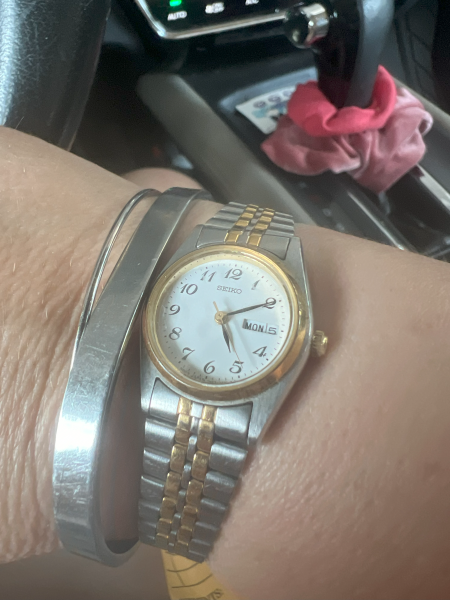by Semify
What Types of Insurance Coverage Are Available?
Car insurance policies can offer several types of coverage to protect you in different scenarios. Liability insurance covers damages you may cause to others, while collision insurance takes care of your vehicle’s repairs. Comprehensive insurance covers scenarios that aren’t collision-related, such as theft or natural disasters.
Distracted driving accidents lead to about 390,000 injuries annually, highlighting the importance of having adequate insurance coverage to deal with unforeseen accidents. By understanding the coverage options available, you can make a more informed decision on what works best for you.
Additionally, uninsured motorist coverage protects you if you’re involved in an accident with a driver who lacks insurance. Medical payment coverage, on the other hand, helps cover medical expenses resulting from an accident regardless of fault. Different insurers offer various options, some of which might save you money over time by providing better protection.
How Do You File an Insurance Claim After a Car Accident?
Filing an insurance claim after a car accident begins with gathering essential information at the scene. Ensure you collect the other driver’s insurance details, contact information, and any witness statements. Taking photographs of the accident scene can additionally support your claim.
Next, contact your insurance company as soon as possible to report the accident. Provide them with all the gathered information and documentation, as this will facilitate a smoother claims process. Remember to obtain a copy of the police report, as this can also be crucial evidence in supporting your claim.
After filing the claim, an adjuster from your insurance company will likely contact you to evaluate the damages and determine compensation. Stay in touch with your adjuster and be prompt in supplying any additional information they may request. Following up regularly can often speed up the claims process and ensure you receive your money without unnecessary delays.
What Can You Do If Your Claim Is Denied?
Having your insurance claim denied can be frustrating, but there are steps you can take to challenge the decision. Firstly, request a detailed explanation of why your claim was denied by your insurance company. Understanding the reasons can help you address any issues or misunderstandings effectively.
If you believe the denial was unjust, gather additional evidence to support your case. This could include medical records, repair estimates, or witness statements that weren’t provided initially. Presenting a well-documented case can increase the likelihood of overturning the denial.
Should the insurance company maintain its stance, consider seeking legal advice. Consulting with an attorney who specializes in insurance claims can provide insights into your situation and guide you through potential legal actions. Sometimes, the mere possibility of legal action can motivate insurers to reassess their decision and settle the claim more favorably to avoid lengthy litigation.
How Are Medical Bills Covered After a Car Accident?
Medical bills following a car accident can be overwhelming, but several insurance options exist to cover these expenses. Personal Injury Protection (PIP) coverage is one such option, covering medical bills regardless of who is at fault. This coverage can also extend to lost wages and other related expenses.
About 70% of orthopedic surgeries can be avoided with a Regenexx procedure. This highlights the importance of exploring different medical options that could save money and lead to quicker recoveries. By choosing the right coverage and medical procedures, the financial burden can be substantially minimized.
Health insurance can also play a crucial role in covering medical expenses after a car accident. While it may have certain limitations and exclusions, it can significantly alleviate the immediate financial pressure. It is essential to understand your health insurance policy thoroughly and ensure it complements your auto insurance to maximize coverage.
What Compensation Am I Entitled To?
After a car accident, you may be entitled to several forms of compensation. This could include coverage for medical bills, vehicle repair costs, and lost wages due to time off work. Pain and suffering, emotional distress, and loss of enjoyment of life are other non-economic damages that might be compensable.
In a contingent fee arrangement, your lawyer agrees to accept a fixed percentage, which is often about one-third, of the amount paid to you when you win your case. This can be advantageous as it allows you to pursue your claim without needing to pay money upfront. Always discuss fee arrangements with your attorney to understand the financial implications fully.
It is crucial to keep detailed records of all expenses and losses related to the accident. These records can serve as evidence to support your claim, ensuring you receive fair compensation. Meticulous documentation can streamline the claims process and help you get the money you rightfully deserve.



